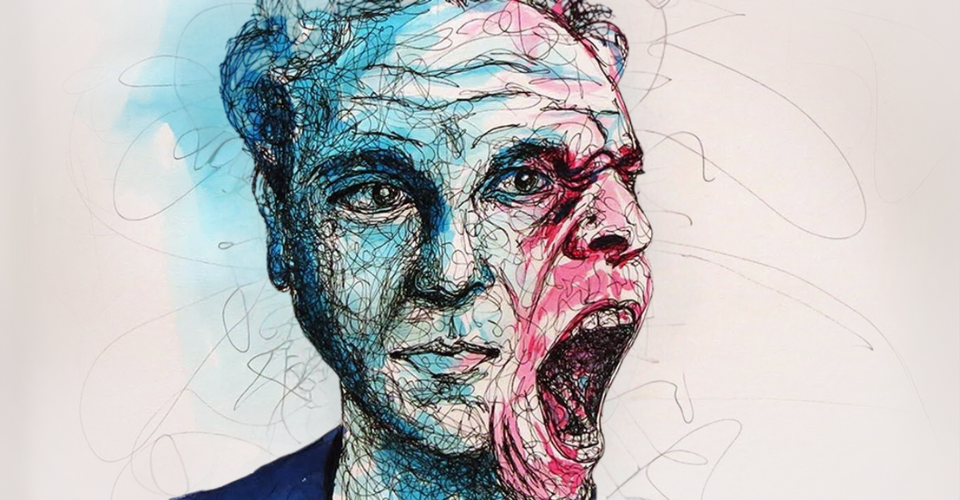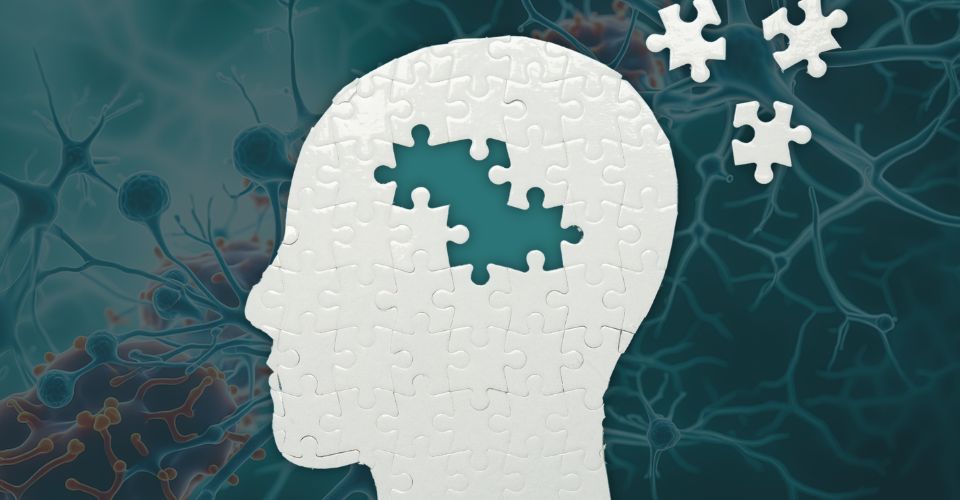Psychology News – A study reveals that implementing a client’s self-perceived strong skills in mood-improving methods effectively improves depressive moods. It also strives to conduct further research into therapeutic techniques that harness the client’s strengths in solving problems.
A study at the Ohio State University reveals that a sad mood gets improved quickly when mood-improving interventions based on the person’s ‘perceived’ strongest skill are used.
The study observed a sample of 616 undergraduates, randomizing one of two brief interventions (a cognitive or a mindfulness intervention) and one of two framing conditions (framing the intervention as focusing on a skill of relative strength or weakness). The participants were randomly told that they were good at one intervening skill and were instructed to use the respective skill in the next phase of the experiment, a “sad mood induction”. Here, the participants were asked to vividly imagine the death of a loved one while a sad song (Russia under the Mongolian Yoke) was played at half-speed to make the circumstances sadder. Observing a dip in the mood, participants were asked to respond to five mood assessments within minutes of the previous induction.
The findings, published in Journal of Clinical Psychology, reveal that participants who were told to use their strongest intervention skill showed a better improvement in mood than the participants who used their weakest intervention skill. The general mood of the participants improved when the “sad mood induction” was over. Yet, whether cognitive or mindful skills were used in dealing with the emotional distress had little impact on the mood recovery. In fact, the recovery depended on how the participants were told their skill was of significant strength or weakness. However, the researchers simply inferred why framing the intervention as a strength provided better results.
“It may be that if there is this initial encouragement early on that they are really good at one particular strategy, that may inspire greater confidence and persistence in using this skill, which leads to better results,” said Samuel Murphy, lead author of the study.
The study co-author, Daniel Strunk, added, “People may be discouraged if they’re told a particular skill is their weakness and not try as hard or be as confident that it will work.”
The study is of paramount importance for research into psychotherapy, especially in devising therapeutic techniques that effectively build on and harness the client’s strengths into solving problems. Such strategies centered on ‘knowing and implementing one’s known best’ can be helpful in treating mental disorders like depression and in maintaining mental well-being.
To Know More You May Relate To
Murphy, S. T., Cheavens, J. S., & Strunk, D. R. (2022). Framing an intervention as focused on one’s strength: Does framing enhance therapeutic benefit? Journal of Clinical Psychology, 1– 12. https://doi.org/10.1002/jclp.23302




























Leave a Reply
You must be logged in to post a comment.